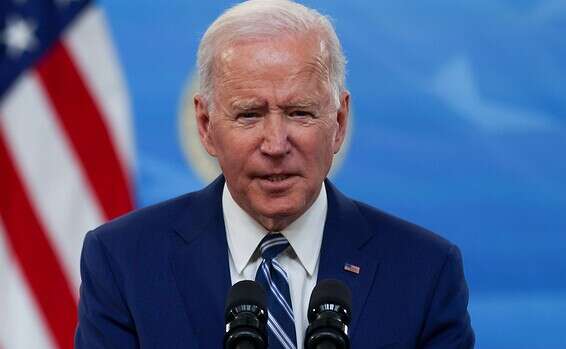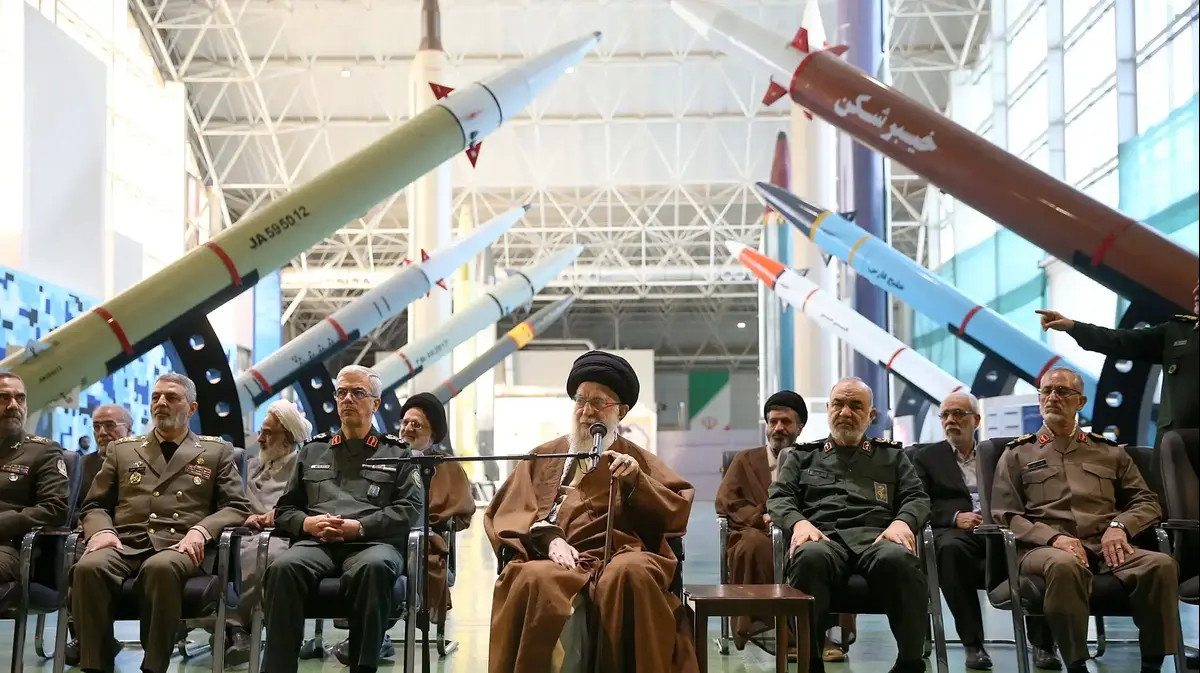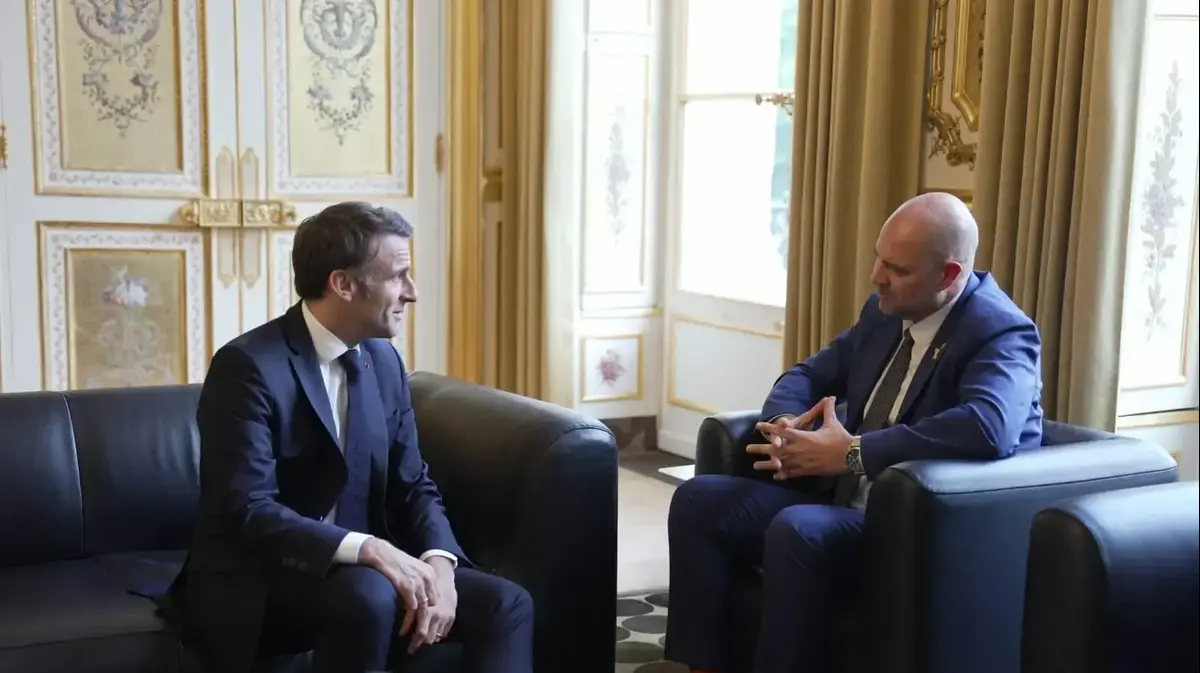The White House is eager to bring back from the frost the traditional diplomacy of negotiating with Iran, at the expense of the powerful tactics of deterrence and enforcement • Interpretation
Elected President of the United States, Joe Biden // Photo: Reuters
No one expected new President Joe Biden to show loyalty to the political positions of his predecessor in the White House, Donald Trump, which were a dramatic standard deviation from the traditional conduct of US governments in the Israeli-Arab region in recent decades. - 45 In every possible context, it could have been expected that Biden - a heavy burden of economic and social issues at the center of his thinking and priorities - would act cautiously and in a controlled manner at the beginning of his career in the international arena.
In practice, even before the first 100 days of grace of his administration passed, it became clear that the 46th president was determined to make a U-turn in his regional policy, which had immediate and significant implications for Israel and its special relationship with it.
This is a series of initiatives and moves, which are already being woven into a new strategy, which has the potential to erode the security network, which has so far shielded and protected the American-Israeli partnership even in cases of disagreement, especially in the Palestinian sector.
First and foremost, it is about removing the sanctions imposed by the Trump administration on the International Criminal Court in The Hague, which just a few weeks ago launched a formal investigation against Israel in the wake of Operation Resilient Cliff and Israeli operations in Judea and Samaria.
Although this American move does not in itself back up the Palestinian accusations that led to the opening of the investigation against Israel, its timing (especially after the administration has already resumed the flow of funds to the Palestinian Authority, which were frozen by Trump) clearly indicates that the new administration is determined to convert the stick. The incentives in his approach to international organizations and institutions, which have demonstrated and continue to demonstrate a clear opposite attitude toward Israel.
The same is true of Iran.
In this arena, the aspiration of all the people of Biden to resume dialogue with Tehran and return as soon as possible to the framework of the nuclear agreement from which Trump withdrew.
This, while in disguised willingness to gradually thaw the sanctions imposed on it, although so far, at least, there are no signs of flexibility and moderation in Iranian positions.
Thus, all the original partners in the nuclear deal will meet again in Vienna the next day, when the very presence of US representatives at the meeting will create the infrastructure for close talks between Washington and Tehran, and perhaps even for direct (even if unofficial) contacts between their representatives.
It turns out, therefore, that the White House is eager to bring back from the frost the traditional diplomacy of negotiating with Iran, at the expense of relying solely on forceful tactics of deterrence and enforcement.
Before us, then, is a contemporary expression of the paradox known as "the tyranny of the weak."
That is, it is a situation in which the vulnerable party, subject to a sanctions regime, actually dictates the rules of the game.
After all, the Americans are the ones who will arrive in Vienna on Tuesday - after all, it is the modern fine - for a mission full of reconciliation and goodwill.
If we add to this the administration's intention to accelerate the pace of its military disengagement from the Middle East - here is a disturbing picture of Gulliver, who radiates weakness and a desire to appease the Iranian rival, while turning a cold shoulder towards his Israeli ally.









